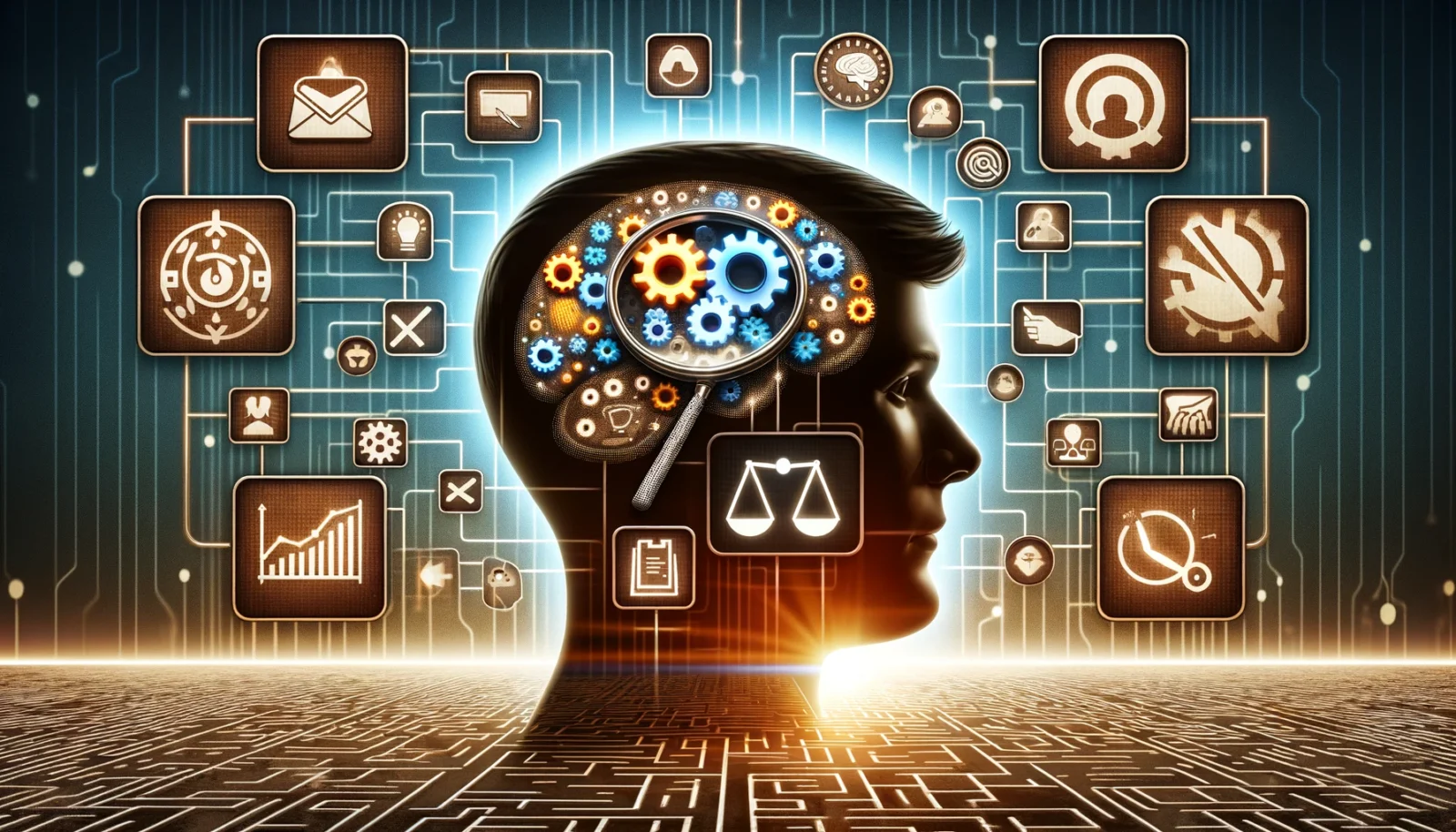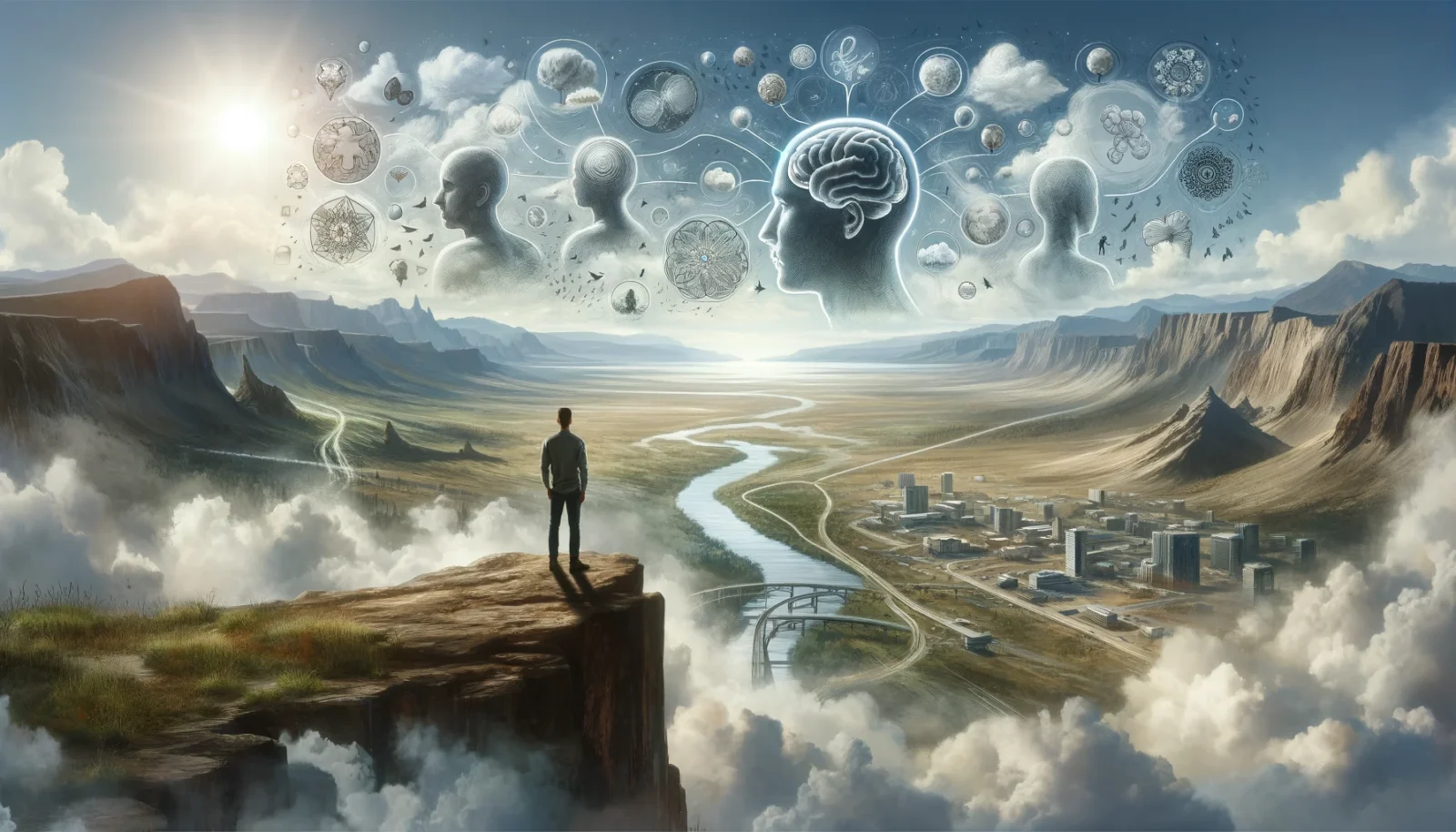Modern Cosmology
30 Phil, Chapter 21, Galileo, Touchstone 54: Modern Cosmology. The story of Galileo is also the story of Copernicus, and the story of modern cosmology. To properly tell the story of Copernicus, we need to mention Aristarchus of Samos, a Greek astronomer and mathematician born around 310 BCE. Aristarchus put forth a heliocentric model, proposing […]




















